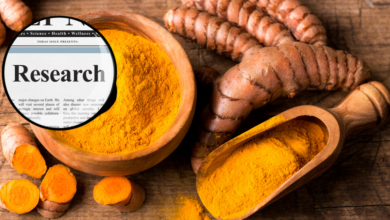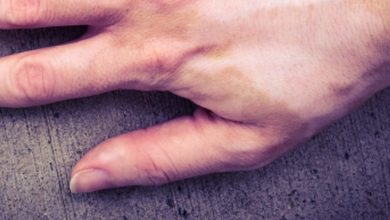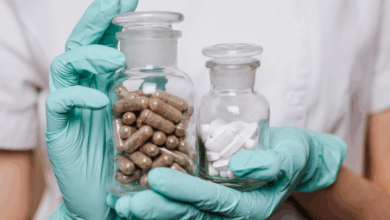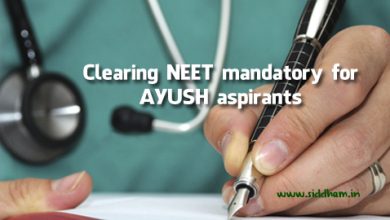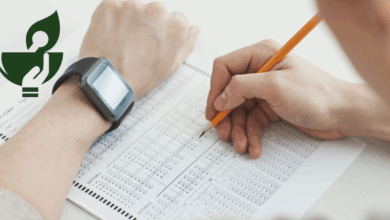Stroke Medical Emergency helpline SCTIMST – Dial 2524333
 A stroke is a medical emergency and with the stroke incidence going up steadily, the SCTIMST now has a helpline – Dial 2524333 – from where emergency assistance could be had. The helpline is part of the Comprehensive Stroke Care Programme newly developed by SCTIMST to provide acute stroke care so that the mortality and the morbidity of stroke in the community could be reduced. “Less than 30 per cent of the population knows to recognise stroke signals and that the patient, if rushed to an appropriate care centre, can make good recovery. We have now been able to treat patients up to five-and-a half hours and still give good recovery prospects,” says P. N. Sylaja, Additional Professor of Neurology and who is in charge of the Comprehensive Stroke Care Programme. SCTIMST now has a five-bed ICU and a six-bed ward exclusively for stroke patients. Also, a host of sophisticated diagnostic devices including a 256 slice CT scan machine, CT angiogram, CT Perfusion Scan and neuro thrombectomy devices like the Penumbra system and Solitaire device have been acquired by the Institute to give a better outcome to patients, many of whom are old and sometimes reach the hospital as late as eight hours after the stroke. As soon as the stroke patient is rushed in, the doctor examines the patient, puts in IV lines and assesses if the patient could be a candidate for thrombolysis. Within the next 35 minutes, all CT investigations and cardiac vessel imaging is completed and the patient will be in the ICU “We only get to thrombolyse about two patients a month. Most patients come to us after much time has elapsed since the stroke, when thrombolysis has no role and all we can do is focus on medical management to prevent further strokes. We still need to investigate each case to assess the extent of brain damage and devise a suitable rehabilitation programme,” Dr. Sylaja says. A multi-disciplinary team, including a cardiologist, neuro interventionist, vascular surgeon, neurologist and neuro surgeon , nuero anaesthetist and a stroke nurse, sits together every Thursday to assess stroke cases. A stroke rehabilitation team, including a medical social worker, physiotherapist, occupational and speech therapists work hand-in hand with the medical team because about 20 to 30 per cent of stroke patients are left with severe disability. SCTIMST is now engaged in organising regular awareness programmes for physicians on stroke at various hospitals. The emergency medical technicians of the 108 ambulance service run by Kerala Emergency Medical Services Project (KEMP) are being trained on an ongoing basis by SCTIMST team to recognise stroke signals. “On an average, we pick up about 30 stroke patients from around the district in a month. In September alone, we had 77 cases. Our technicians have been given special training in identifying stroke patients and for all clarifications, we are constantly in touch with the SCTIMST helpline,” says V. Ratheesh, Head of Projects, Ziqitza Healthcare, which is managing the `108’ project. Since May last year, the KEMP had reached over 500 stroke patients from the district in various stages to hospitals. “SCTIMST has made arrangements at their hospital to receive stroke patients without any formalities. Their training has helped our technicians familiarise with various stroke scenarios,” he added.
A stroke is a medical emergency and with the stroke incidence going up steadily, the SCTIMST now has a helpline – Dial 2524333 – from where emergency assistance could be had. The helpline is part of the Comprehensive Stroke Care Programme newly developed by SCTIMST to provide acute stroke care so that the mortality and the morbidity of stroke in the community could be reduced. “Less than 30 per cent of the population knows to recognise stroke signals and that the patient, if rushed to an appropriate care centre, can make good recovery. We have now been able to treat patients up to five-and-a half hours and still give good recovery prospects,” says P. N. Sylaja, Additional Professor of Neurology and who is in charge of the Comprehensive Stroke Care Programme. SCTIMST now has a five-bed ICU and a six-bed ward exclusively for stroke patients. Also, a host of sophisticated diagnostic devices including a 256 slice CT scan machine, CT angiogram, CT Perfusion Scan and neuro thrombectomy devices like the Penumbra system and Solitaire device have been acquired by the Institute to give a better outcome to patients, many of whom are old and sometimes reach the hospital as late as eight hours after the stroke. As soon as the stroke patient is rushed in, the doctor examines the patient, puts in IV lines and assesses if the patient could be a candidate for thrombolysis. Within the next 35 minutes, all CT investigations and cardiac vessel imaging is completed and the patient will be in the ICU “We only get to thrombolyse about two patients a month. Most patients come to us after much time has elapsed since the stroke, when thrombolysis has no role and all we can do is focus on medical management to prevent further strokes. We still need to investigate each case to assess the extent of brain damage and devise a suitable rehabilitation programme,” Dr. Sylaja says. A multi-disciplinary team, including a cardiologist, neuro interventionist, vascular surgeon, neurologist and neuro surgeon , nuero anaesthetist and a stroke nurse, sits together every Thursday to assess stroke cases. A stroke rehabilitation team, including a medical social worker, physiotherapist, occupational and speech therapists work hand-in hand with the medical team because about 20 to 30 per cent of stroke patients are left with severe disability. SCTIMST is now engaged in organising regular awareness programmes for physicians on stroke at various hospitals. The emergency medical technicians of the 108 ambulance service run by Kerala Emergency Medical Services Project (KEMP) are being trained on an ongoing basis by SCTIMST team to recognise stroke signals. “On an average, we pick up about 30 stroke patients from around the district in a month. In September alone, we had 77 cases. Our technicians have been given special training in identifying stroke patients and for all clarifications, we are constantly in touch with the SCTIMST helpline,” says V. Ratheesh, Head of Projects, Ziqitza Healthcare, which is managing the `108’ project. Since May last year, the KEMP had reached over 500 stroke patients from the district in various stages to hospitals. “SCTIMST has made arrangements at their hospital to receive stroke patients without any formalities. Their training has helped our technicians familiarise with various stroke scenarios,” he added.
Source : The Hindu
